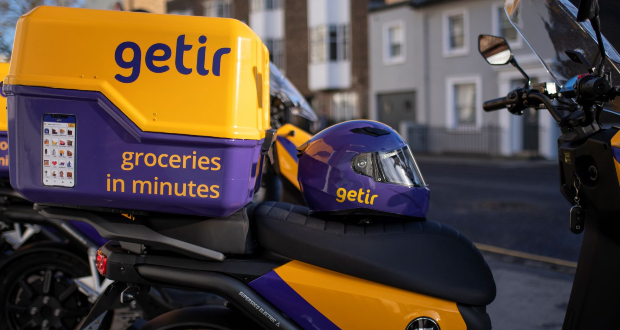The hype around this so-called ultra-fast commerce model has been considerable, and independent retailers could have been forgiven for thinking it might prove a serious threat to their position in the longer term. That’s certainly what the venture capital backers of some of these platforms were hoping would prove the case.
A couple of years on from the first appearance of these apps, however, and it looks like the wheels may be starting to wobble.
Recent studies in the US have found many consumers unwilling to pay delivery fees or inflated prices, while other users complain about frequent out-of-stocks. And in the UK, research by IT consultancy NTT Data found 59% of those using such apps say they are decreasing their use as cost over convenience becomes more important.
The market recently saw Getir buy up its Berlin-based rival Gorillas, and while this might serve to stabilise Getir’s position, some analysts are styling the move as a bid to keep the business afloat. Others say the whole rapid delivery concept is flawed and was in fact a solution in search of a problem that didn’t exist. People, in the main, just don’t need their groceries delivered quite so fast.
As for me, I’ve now deleted the app, largely because of the barrage of marketing e-mails and notifications I was receiving every day, and have returned to my local store. For traditional c-stores in areas where these apps were gaining traction, there’s a real opportunity to regain market share now that the novelty seems to be wearing off.
David Shrimpton | Editor

 Talking Retail Grocery and product news for independent retailers
Talking Retail Grocery and product news for independent retailers






